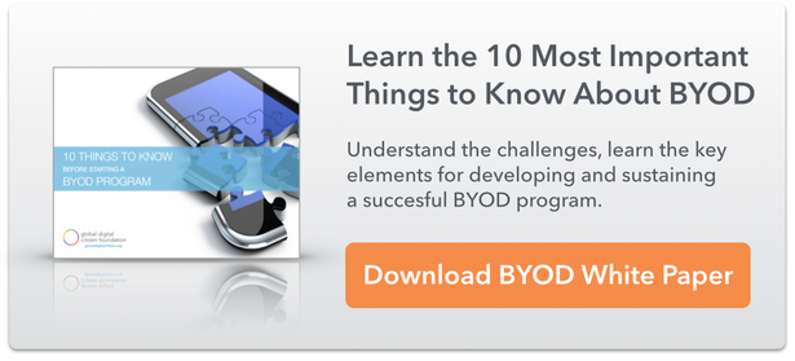Executive Success: Dance With the Digital Natives
If there's one thing executives need to be doing in 2015, it's getting out of the corner office and down with the kids, says Greg Doone.
Doone, a PwC director and digital strategy and data specialist, says it's the under-25s, sometimes known as millennials or digital natives, who are shaping consumer trends today.
"As of 2013 there are more digital natives in the world - i.e., people who grew up not knowing a world before the internet - than there are people who remember a time beforehand." Growing up in a digital world has created new types of consumer behaviour, says Doone.
Digital natives want to live in a sharing economy, which is driving new models of commerce and sharing information, and have a lack of loyalty to traditional brands, he says.
"The reality is, the majority of people in leadership positions in business just don't have that digital native mindset." Doone says for some businesses that may mean strategies that served them well in the past won't work in the future.
"Put on a 25-year-old's shoes and genuinely understand how they consume media, how they buy products, how they watch television or, I wouldn't even call it television, consume media."
He says the years between 2013 and 2018 have been identified as the transition phase between the dominance of traditional consumer behaviour and the new model driven by digital natives.
From 2018 digital natives will be the dominant consumers in terms of volume and purchasing power.
"That's probably the most important thing, to really understand how those consumers behave and it's quite scary.
"I always say: have a look at your revenues and actually genuinely ask yourself how many of those exist because of some form of institutional barrier or structure in your industry?" Doone says any sector where there are additional charges across a whole industry is ripe for attack from disruptors.
"If a disruptor can shorten the supply chain, if a disruptor can make it easier for the consumer, that business and the consumer are both winning and all of a sudden the historical model doesn't work." Uber and Airbnb are the poster children for this brand of disruption, but there are many such industries, Doone says.
Emerging technologies and digital disruption are top of mind for CEOs internationally - results from the global CEO survey released by PwC last month at Davos have 58 per cent rating the speed of technological change as a significant business threat - but there are also many more data tools available for measuring and understanding the changes, says Doone.
He says adapting to the analytics revolution will be critical for business success, with those who do a good job of analysing business data thriving.
"It's about understanding where your instincts might lead you awry." Doone has a special interest in the retail environment, having worked in Britain for the likes of the John Lewis chain of department stores in the early 2000s, developing its digital strategy. He cites "showrooming" - customers going into local bricks and mortar stores to check out a product before jumping on the internet to purchase it from a cheaper online retailer - as an example of new consumer behaviour usurping the traditional model.
Doone says retailers around the world debated whether free in-store Wi-Fi just encouraged customers to showroom. Those retailers who recognised that people would showroom regardless and provided free Wi-Fi found all their results improved, including e-commerce sales, e-commerce loyalty and even in-stores purchases, says Doone.
"It really is a matter of saying if something happens, the best thing you can possibly do is embrace it." A key component for capturing those showrooming, price-checking consumers is a good, mobile-enabled e-commerce website that augments the shopping process.
Last December, 42 per cent of e-commerce purchases in New Zealand came from overseas websites, which Doone says is an "enormous figure".
"I think that it's going to be a real challenge for New Zealand retailers to try and arrest that tide." He says online sales from people browsing on a computer at home will always be challenged by overseas sites, but New Zealand retailers have an opportunity to take leadership in mobile e-commerce.
Doone says the New Zealand retail market is lucky to be small enough to have escaped aggressive plays from the likes of Amazon, but in the new environment things can change quickly. "Trends aren't linear, they happen and they happen very quickly when they do, so there is potentially a very dangerous tipping point in the next two or three years for New Zealand retail.
"Don't get me wrong, we're always going to go to shops but you're talking about a very margin sensitive industry and a 5 to 10 per cent change in purchasing volumes and behaviours is going to make a huge amount of those bricks and mortar models not necessarily work as well as they currently do."
Disruption means there is no telling where a new, aggressive competitor might come from, says Doone.
"It's not about keeping an eye on the big other competitor around the corner. It's the two guys in the garage."
This article appeared on the NZ Herald on February 6 2015 and was written by Helen Twose, a personal finance columnist for the NZ Herald.

